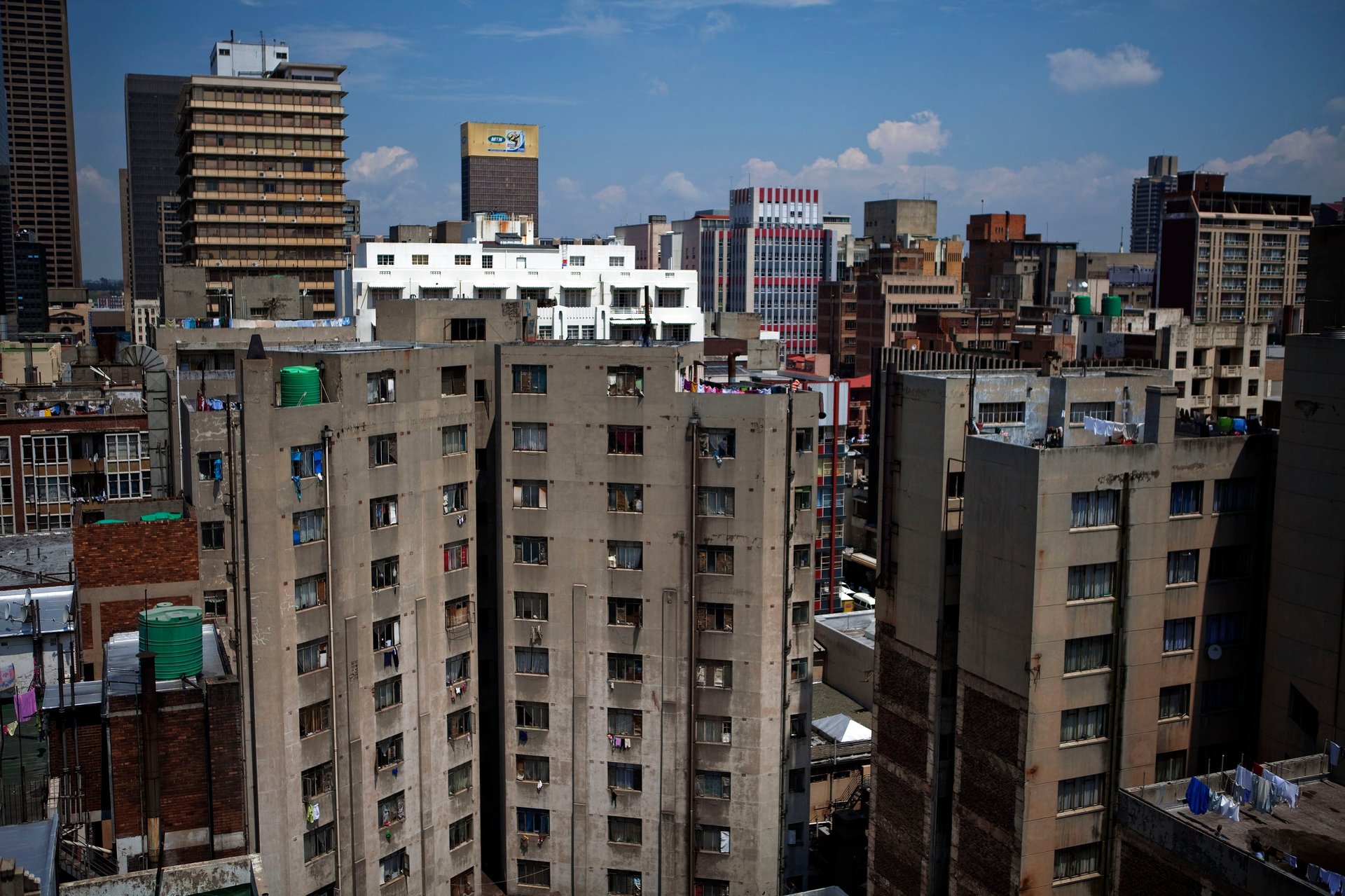How South Africa became one of the world’s most robust business outsourcing hubs
The news from Amazon in June that it would add 3,000 virtual customer service jobs in South Africa offered the nation’s pandemic-mired economy a much-needed lift and highlighted the strength of outsourced business services in the country, which ranks consistently among the world’s top destinations for companies in search of a back office.


The news from Amazon in June that it would add 3,000 virtual customer service jobs in South Africa offered the nation’s pandemic-mired economy a much-needed lift and highlighted the strength of outsourced business services in the country, which ranks consistently among the world’s top destinations for companies in search of a back office.
That position shows the potential to grow, according to a new McKinsey report, which finds South Africa holds an edge when it comes to so-called business process outsourcing (BPO). Besides their ability to help companies lower the cost of doing business, the speed of their shift to working remotely with the arrival of Covid-19 earned South Africa’s customer service centers an edge over rival hubs, the report finds.
“While lockdown measures to contain the coronavirus compromised business continuity across the world, South African contact centers were quick to migrate to remote working models and were able to remain operational with minimal disruption for clients,” McKinsey notes.
The insights come amid a struggle by South Africa to dent an unemployment rate that stood at 29% before the pandemic arrived. Since then the country has continued to shed jobs, with the effects of a nationwide lockdown slashing its economic output by roughly half in the three months that ended June 30.
Customer service could offer a lifeline. More than 100 BPO providers employed roughly 272,000 people in South Africa, as of Dec. 31, nearly a quarter (24%) of whom served companies based overseas. Cities such as Johannesburg, Cape Town, and Durban stand to see an increase in such jobs, which are projected to reach 779,000 nationally by 2030, with two-thirds of workers serving businesses based elsewhere.
It helps that English is among the most common languages spoken by South Africans outside their homes. South African BPO providers win a majority of their business from companies in the UK, US, Canada, Australia, New Zealand, and Ireland, according to McKinsey, which adds that providers who can handle the language requirements could also compete for business from companies in such fast-growing markets as Saudi Arabia, Israel, Thailand, and China.
The report finds that the total cost of a customer call center agent in Johannesburg or Cape Town runs about $13,900. While that tops Bangalore by 20%, South Africa holds strengths across a range of considerations, including the supply of skills, the quality of its business environment and a minimum of risk compared with global rivals.
The South African government, which is expected in the coming weeks to put forward plans for a post-pandemic economic recovery, has added to the country’s capacity for outsourcing. Designating BPO providers as essential services at the outset of the lockdown enabled them to remain up and running throughout the pandemic notes McKinsey.
Sign up to the Quartz Africa Weekly Brief here for news and analysis on African business, tech, and innovation in your inbox